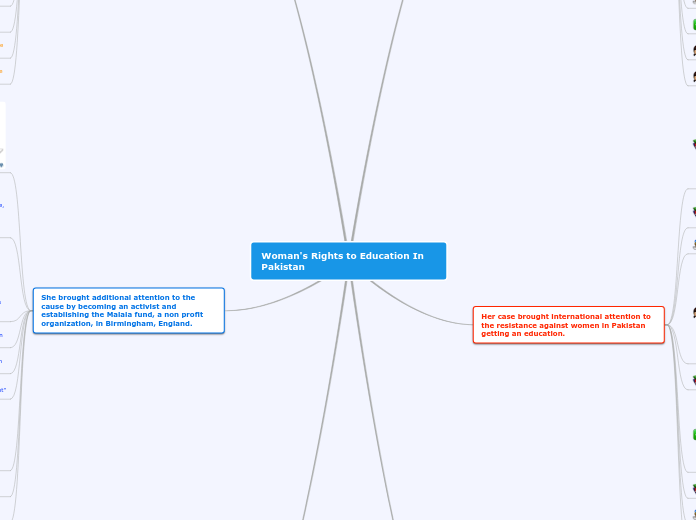von Lillian Ganim Vor 6 Jahren
607
Womans Rights to Education In Pakistan correccting part 3 pictures

von Lillian Ganim Vor 6 Jahren
607

Mehr dazu